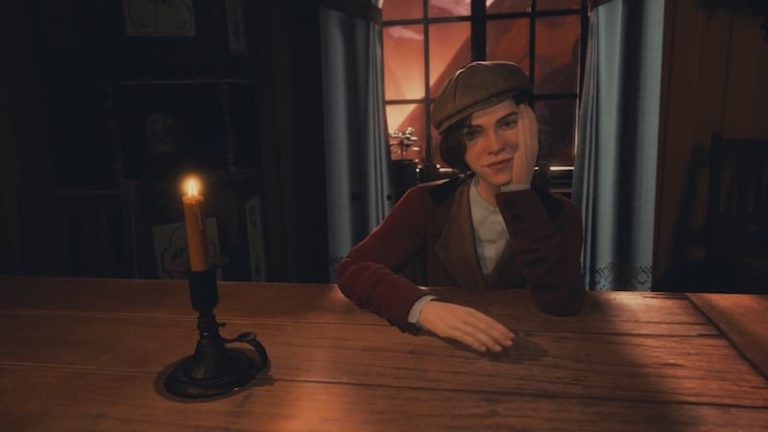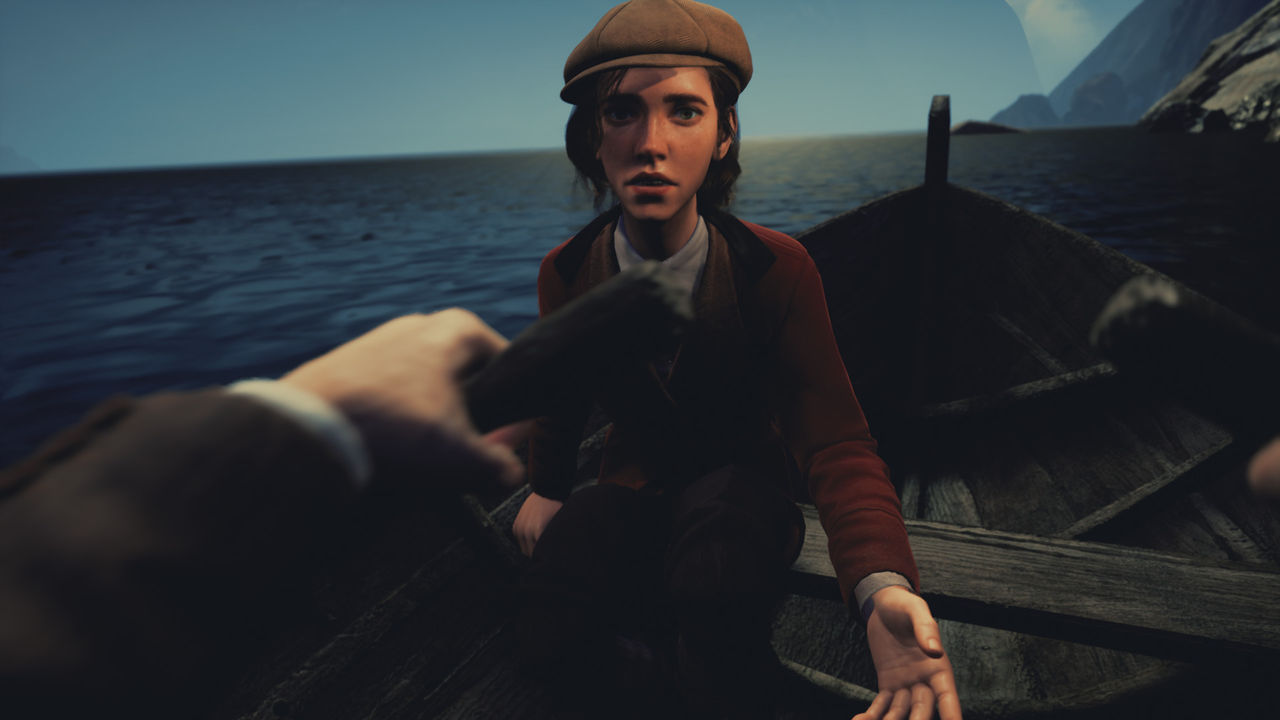

It doesn’t help that the world doesn’t feel all that lived in. That’s not necessarily taken from another specific game, but it still doesn’t feel particularly original.

There are also a couple of pretty significant twists (that I’ll get into in a moment) that, while not necessarily taken directly from another game, feel a little too formulaic to have the shock value Draugen clearly intended. You discover that there’s a “curse” that’s impacted everyone on the island - that feels a lot like What Remains of Edith Finch. You search through the house and learn that something isn’t right while piecing together the story - that would be Gone Home. You can see Dear Esther in the basic premise - a man (and in this case, his companion) exploring a remote island to solve a mystery. I mean, I didn’t hate it by any means, but I’m quite certain that, in a couple of years, I won’t be looking back at it with the same reverence I have for games like Edith Finch or Gone Home.Ī big part of the problem is that it never feels like more than a collection of influences. Given that those are some of my all-time favourite games, it would only make sense if I loved Draugen, too. The game is an artsy walking simulator, and it borrows liberally from some of the very best games the genre has to offer: there’s a bit of Dear Esther here, a dash of Gone Home there, and a helping of What Remains of Edith Finch to top it all off. If nothing else, Draugen’s creators have pretty solid taste.


 0 kommentar(er)
0 kommentar(er)
